Master in Occupational Therapy

学历文凭
Masters Degree

专业院系
Occupational Therapy

开学时间

课程时长

课程学费

国际学生入学条件
One transcript for each college or university (post-secondary institution) attended. Bachelor Degree is required. IELTS - 6.5. A bachelor's degree from a regionally accredited college or university with a minimum of a 3.0 cumulative GPA average based on a 4.0 scale for the undergraduate degree. TOEFL IBT - 90. GRE within the last 5 years including the quantitative, verbal and analytical writing components. A minimum score of 150 on the Verbal and 140 on the Quantitative sections of the Graduate Record Exam (GRE) is recommended. A minimum score of 3.5 in the Analytical Writing section is preferred. Georgia State University's code for the GRE is 5251.
IDP—雅思考试联合主办方

雅思考试总分
6.5
- 雅思总分:6.5
- 托福网考总分:90
- 托福笔试总分:160
- 其他语言考试:NA
CRICOS代码:
申请截止日期: 请与IDP联系 以获取详细信息。
课程简介
The scientific study of humans as occupational beings is a central concept of the Occupational Therapy Master's program at Georgia State University. The faculty believe that the core concept of occupational therapy is based on the fundamental premise that occupation is an integral part of life and a pre-requisite to participation (Kielhofner 2008, Christiansen and Townsend, 2010). The program is designed by keeping in mind the demand of the increasingly dynamic healthcare system that requires graduates to be flexible, autonomous, broadly educated generalists. The program also focuses to produce leaders who are able to use creative and critical thinking, as well as clinical reasoning, with great effectiveness and efficiency. This is accomplished through enhanced understanding of the rich complexities of occupation. The intent of this understanding of occupation is to improve the effectiveness of using occupation as an assessment as well as intervention within the health and wellness system. This simply means that the students investigate the art and science of occupation: doing the everyday activities of life within their socio-cultural contexts, examining how life-styles influence health and wellbeing, and how participation in occupation can be used therapeutically. Our curriculum philosophy therefore strongly embodies the profession's Centennial Vision concepts of an evidence-based profession that is globally connected with a diverse workforce prepared to meet society's occupational needs (AOTA, 2007). Graduates of the OTM Program will be prepared to work in a wide variety of medical, community and school-based settings and to undertake diverse roles including clinical practice, consultation, teaching, management, and scholarly activities while always advocating for the client. The curriculum will be challenging and be comprised of diverse teaching and learning methods including lecture, labs, group work, scholarly participation and clinical experiences through six consecutive semesters. We welcome students with different strengths and diverse background to the program. The length of the program is 24 months including fieldwork component.
相关申请
 预科
预科 奖学金
奖学金 实习机会
实习机会 在校学习
在校学习 跨境学习
跨境学习 校园授课-线上开始
校园授课-线上开始 在线/远程学习
在线/远程学习
开学时间&学费
学费信息仅供参考,请与IDP联系以获取详细信息
| 开学时间 | 时长 | 学费 | 地点 |
|---|
学校排名

世界排名401
数据源:
泰晤士高等教育世界大学排名
本校相关课程
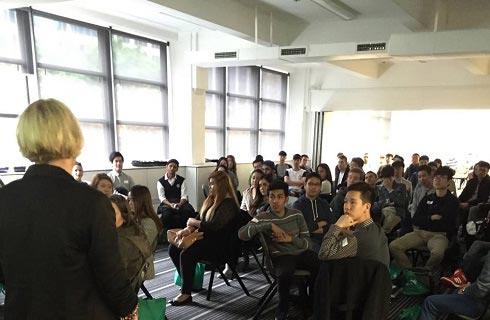
语言交流文学学士
学历文凭
Bachelor Degree
开学日期
课程费用总额

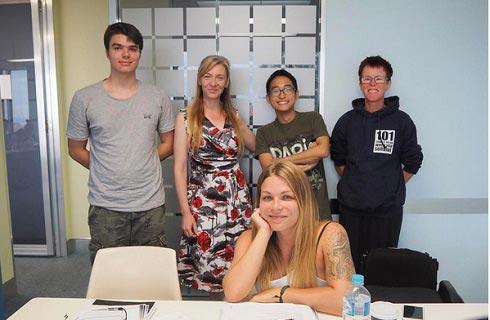
妇女,性别和性研究文学学士学位
学历文凭
Bachelor Degree
开学日期
课程费用总额


社会学文学学士
学历文凭
Bachelor Degree
开学日期
课程费用总额


社会工作学士
学历文凭
Bachelor Degree
开学日期
课程费用总额

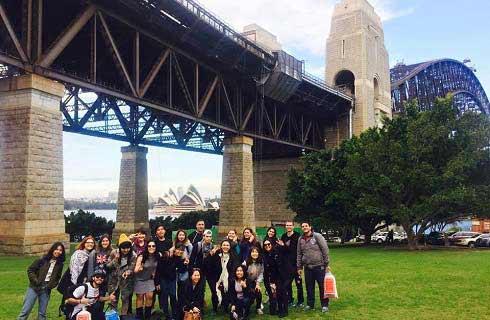
风险管理与保险业务管理学士学位
学历文凭
Bachelor Degree
开学日期
课程费用总额


呼吸疗法理学学士
学历文凭
Bachelor Degree
开学日期
课程费用总额

其他相关课程

放射治疗理学学士
 劳伦森大学
劳伦森大学学历文凭
Bachelor Degree
开学日期
课程费用总额


治疗休闲文凭
 萨省理工学院
萨省理工学院学历文凭
Bachelor Degree
开学日期
课程费用总额


荣誉荣誉学士学位
 圣力嘉学院
圣力嘉学院学历文凭
Bachelor Degree with Honours
开学日期
课程费用总额


康复科学哲学博士
 渥太华大学
渥太华大学泰晤士高等教育世界大学排名:188
学历文凭
Ph.D.
开学日期
课程费用总额

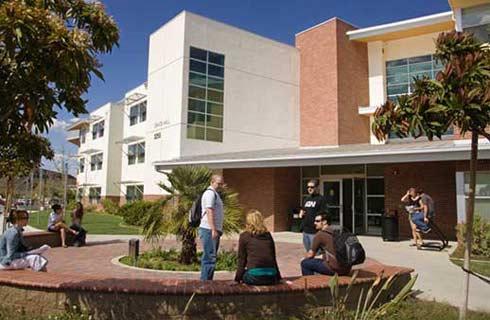
康复科学哲学博士
 麦吉尔大学继续教育学院
麦吉尔大学继续教育学院学历文凭
Ph.D.
开学日期
课程费用总额

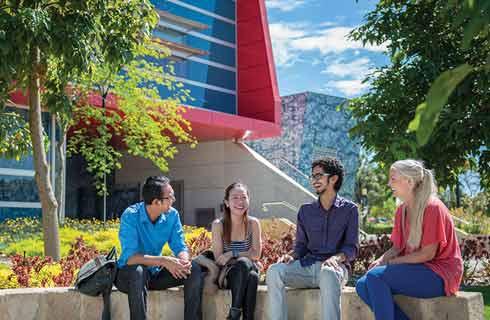
康复科学理学硕士(论文)
 麦吉尔大学继续教育学院
麦吉尔大学继续教育学院学历文凭
Masters Degree
开学日期
课程费用总额










 美国
美国
